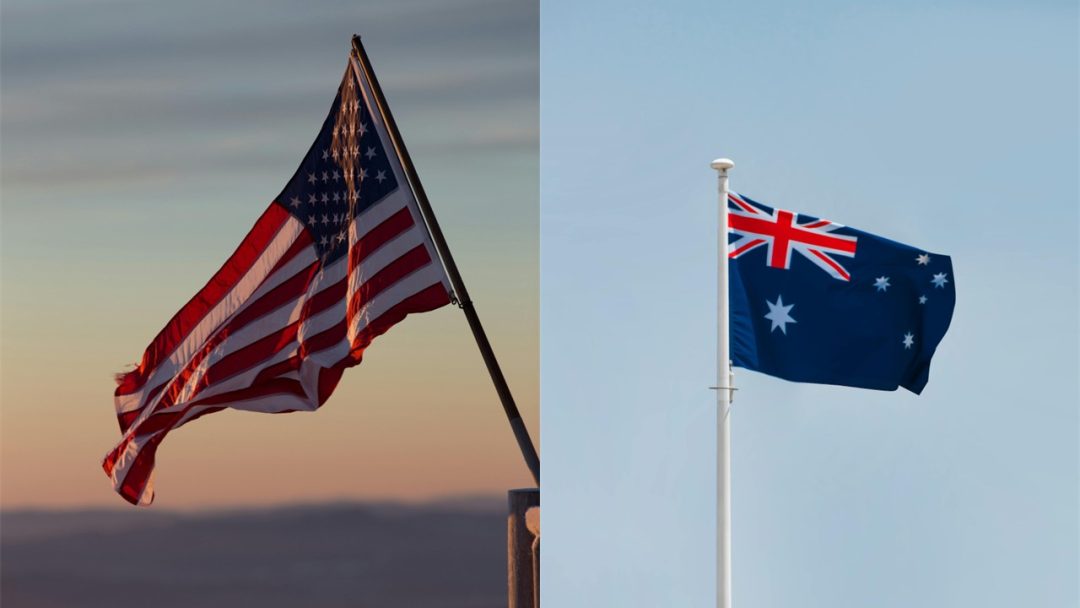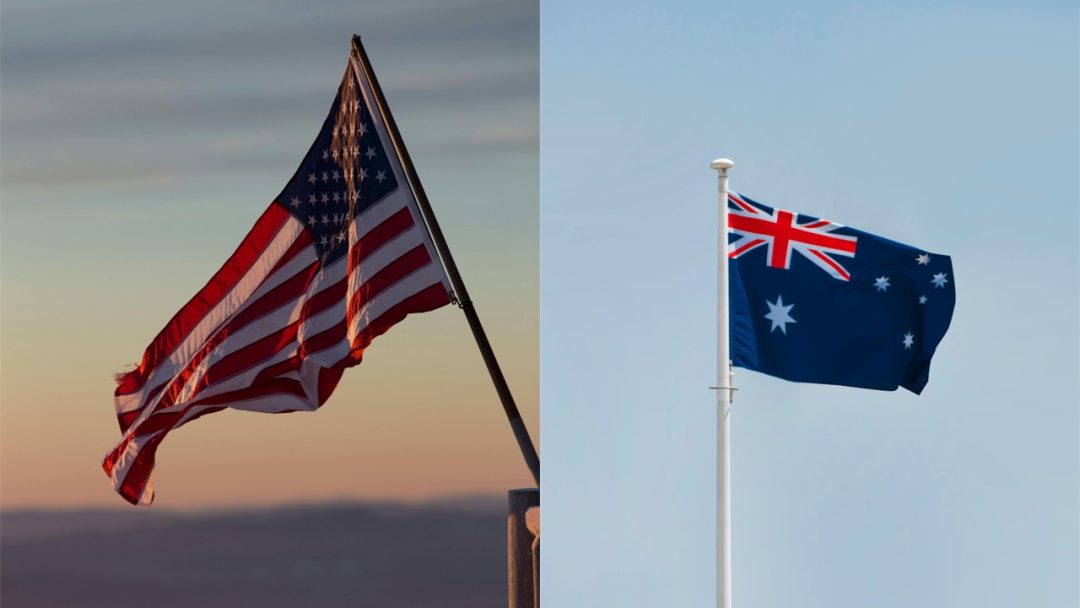

Stocks of major Australian critical metals and rare earth companies rose sharply on Tuesday after the declaration of a huge minerals agreement between Washington and Canberra amounting to $8.5 billion.
The deal — endorsed by U.S. President Donald Trump and Australia’s Prime Minister Anthony Albanese on Monday — encompasses financing for several projects focused on enhancing the supply of crucial materials utilized in defense production and energy security.
Lynas Rare Earths, the largest rare earth producer in Australia by market value, climbed approximately 4.7% during early trading in Asia. Mineral sand extractor Iluka Resources surged more than 9%, while lithium producer Pilbara Minerals increased roughly 5%.
Other smaller rare earth producers also saw growth, with VHM skyrocketing around 30%, while Northern Minerals surged over 16%. Meanwhile, Latrobe Magnesium, Australia’s leading producer of the critical element magnesium, soared nearly 47%.
NYSE-listed Alcoa, which is working on a project in Western Australia to recover and refine the essential metal gallium, was recognized as one of the top two priority initiatives under the new minerals agreement. Washington is set to make an equity investment in this venture.
Alcoa’s shares, also available on the Australian Securities Exchange through depositary receipts, increased nearly 10%.
Rare earths and critical metals are vital components for high-tech products like electric vehicles, semiconductors, and defense machinery.
China, the predominant global producer of rare earths and various critical minerals, has strengthened export restrictions on these materials amid a trade dispute with the U.S., pushing international initiatives to diversify global supply chains.
Albanese stated the two nations will both contribute $1 billion over the next half-year for projects that are “ready for immediate execution.”
However, a fact sheet from the White House later indicated that Washington and Canberra will invest more than $3 billion into critical mineral projects in the same timeframe, characterizing the agreement as a “framework.”
The White House also announced that the Export-Import Bank of the U.S. will issue seven letters of interest for over $2.2 billion in financing, potentially enabling up to $5 billion in total investment.

